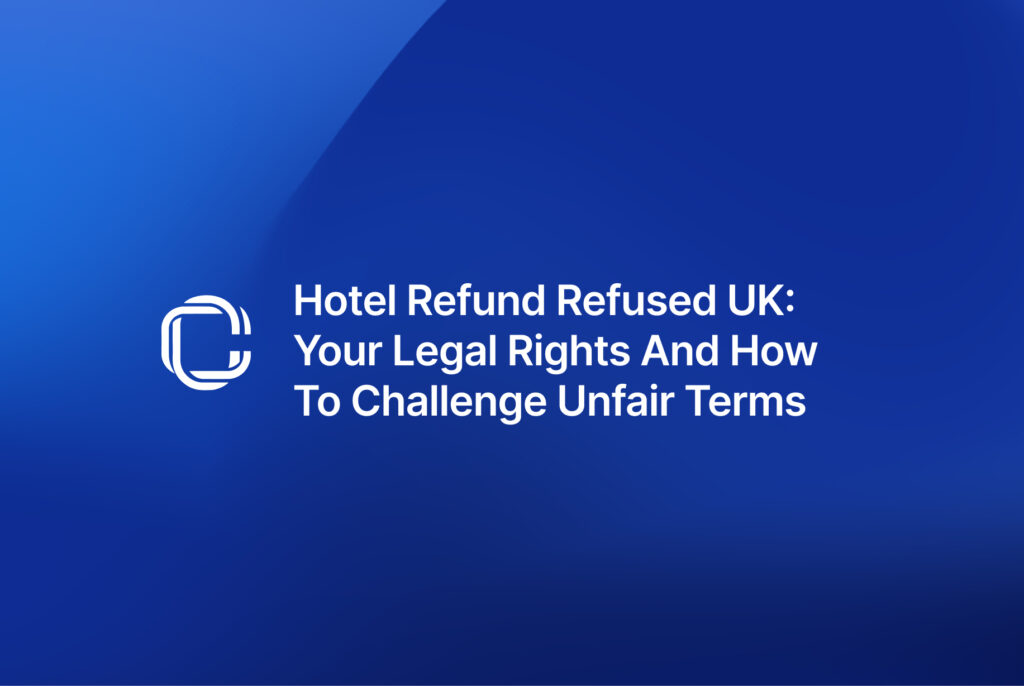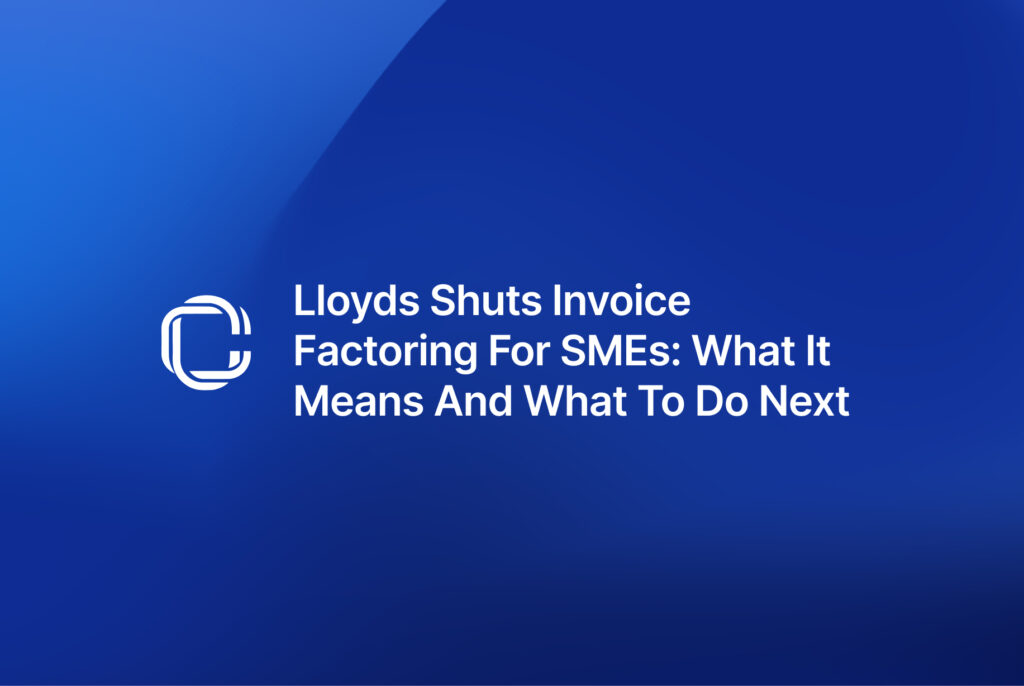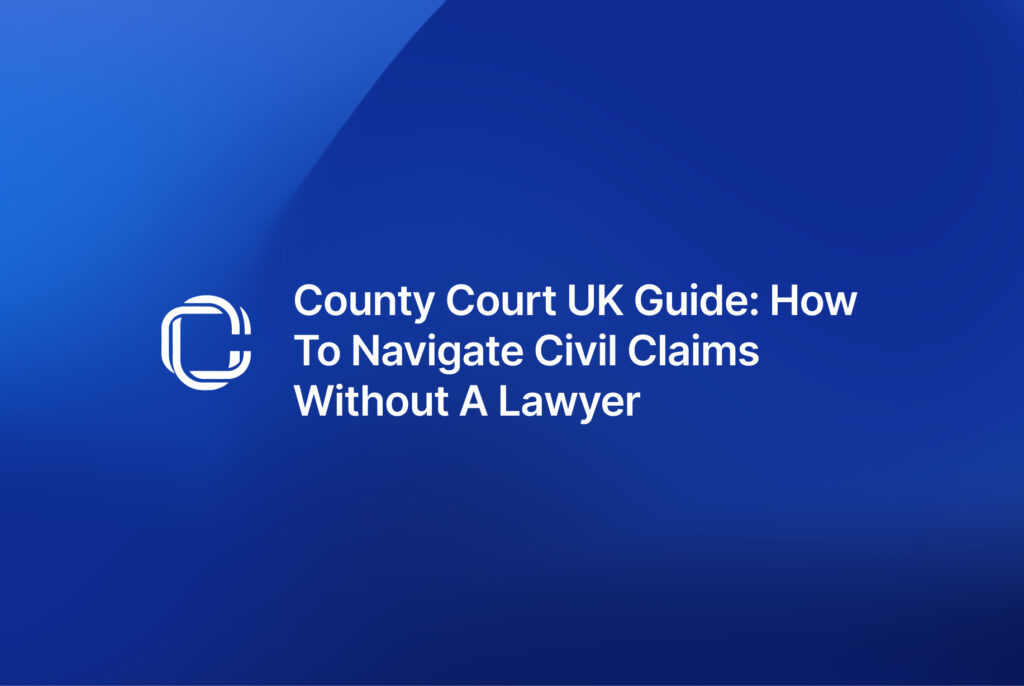Learn how to spot rental scams, title fraud, fake property investments, and bogus legal services in the UK and take legal action if scammed.
Property scams can affect everybody who is involved with property, not just first-time buyers. Whether you’re a buyer, a renter, a landlord, or an investor, you can still be scammed in a property transaction. Your risks could result in an extreme loss, such as total loss of savings, loss of credit, or loss of time being involved in or a party to long litigation matters.

Recognising your risks and becoming aware of your respective legal rights can help you take protective steps for yourself before property losses. Furthermore, if you did suffer a loss that you did not detect earlier, this can assist you in finding out how to recover a loss, through civil legal relief or the various forms of small claims.
Most common property scams
- Rental Scams
Fraudsters act like either landlords or letting agents, advertising properties that either don’t exist or that are no longer available. Often, they are good at convincing renters to pay deposits or rent in advance, then ghost them.
Signs to look for:
- Requesting payment prior to a viewing
- No ability to meet in person
- Property descriptions that are vague or generic
Example:
You see a flat advertised at a great price in a competitive city like London. The “landlord” says they are overseas and requests a deposit to secure the flat. You send the money, and the person is no longer available.
- Property Title Fraud
Fraudsters impersonate another individual and use this identity to transfer property title, or take loan actions against the property in question (completely normally without the owner even knowing).
The most targeted person groups are:
- Property owners (freehold or no mortgage)
- Landlords (not living in dwellings)
- Property owners living abroad
Red Flags:
- Receive a notification from the Land Registry that you were not expecting
- Receive a letter/bill for services you never registered for.
- Fake Property Investment Schemes
In these schemes, people are promised returns from overseas investment or property development deals in the UK, which may not even exist or are never completed.
Red Flags:
- Guaranteed returns, guaranteed rental income, and the return is high
- You feel rushed for investment or secretive
- There is no UK address or FCA registration.
- Bogus Conveyancing or Legal Services
Fraudsters impersonating as solicitor’s will intercept transaction payments, usually by interception of an email spoofing attack through a property sale (one only).

Red Flags:
- You receive an email with the account details changed
- Any contact that contains bad grammar or spelling
- A sense of being rushed to make a transfer
How to Identify a Property Scam Early
There are some steps you can take to help protect yourself no matter what role you may have:
- Never pay before viewing: Always view a property or have it viewed by someone you trust.
- Check credentials: Use government registers (for example, Land Registry or Law Society) to check if the property is owned by the registrant or locate the solicitor.
- Be aware of pressure tactics: Scammers often say things to you like it has to be paid quickly, otherwise it goes to someone else.’
- Double-check your payment details: Before making any transaction or transfer, always double-check bank details with a validated source.
- Check for online reviews and forums: Search the property or agent for complaints or reports of scams.
What to Do If You Have Been Scammed
If you’ve experienced being scammed, it can feel grim, but there are things you can do:
Step 1: Report It
- Report to Action Fraud (the UK’s national fraud reporting centre)
- If you transferred any money, immediately inform your bank
- If you think you have become a victim of title fraud, tell the Land Registry
Step 2: Keep the Evidence
- Keep all emails, texts, all details regarding the bank transfer and all adverts
- Keep any documents or contracts, or invoices you have made a legal arrangement with
Step 3: Consider Civil Action
If you are a victim of a scam where the other party clearly broke an agreement, or you have lost money, you may have a tortious claim, and the small claims court may award you damages, in particular, for rental fraud or deposit fraud.
How the Law Can Help You Recover Money
You have civil law rights even if police will not take your case forward (they can only really get involved if the fraud is of a larger financial scale, for both police and the criminals).
If you paid :
- A deposit that was received with false pretences.
- A contract was broken (meaning you did not get what you paid for).
- A misrepresentation occurred (either fraudulent or negligent),
… and you can make a small claim for up to £10,000 in England and Wales.

How CaseCraft.AI Can Help
If you are affected by a property scam, we can help you take the first steps clearly, confidently and without legal jargon.
With CaseCraft.AI, you can do all of the following:
- Instantly generate a Letter Before Action, which is often enough to get a refund and get your money back
- Upload your evidence, so you can gather everything in one place
- Follow our supporting steps to make a small claim online
- Find out what will happen next
We believe justice should not be accessible and not a barrier because the scammer was smarmy or the ‘value’ of the deal was not ‘big enough’ for legal intervention.
In Conclusion
Property frauds in the UK are, sadly, commonplace, but knowledge is power. By knowing how to spot the warning signs and understanding your rights, you can protect yourself from fraud from happening in the first place. If you have lost money already, do not despair.
CaseCraft.AI can help you enforce your legal rights, recover what is owed to you, and settle your mind. Whatever the purpose of your property ownership – as a tenant, buyer, landlord or investor – CaseCraft.AI will help you find a practical legal solution in plain English, not terminology or rubbish.
FAQ: Frequent Property Scams in the UK
What are the most common property scams in the UK?
Typical scams include fake rental listings, property title fraud, bogus investment schemes and fraudulent conveyancing emails. These schemes often involve impersonation, pressure tactics or requests for upfront payments before any legitimate checks can be made.
How can I spot a rental or property scam early?
Warning signs include requests for payment before viewing, vague listings, refusal to meet, unexpected changes to payment details, pressure to act quickly, no traceable address and poor online reviews. Always verify ownership and credentials through official registers.
What should I do if I’ve been caught in a property scam?
Report the incident to Action Fraud, notify your bank immediately and alert HM Land Registry if property title fraud is suspected. Keep all evidence, emails, adverts, receipts, transfer details, as it will support any civil claim you choose to bring.
Can I recover money lost in a property scam through small claims?
Yes. If you paid a deposit under false pretences, encountered misrepresentation or suffered loss from a broken agreement, you can usually bring a small claim for up to £10,000 in England and Wales. Many rental and deposit scams fall within this limit.














